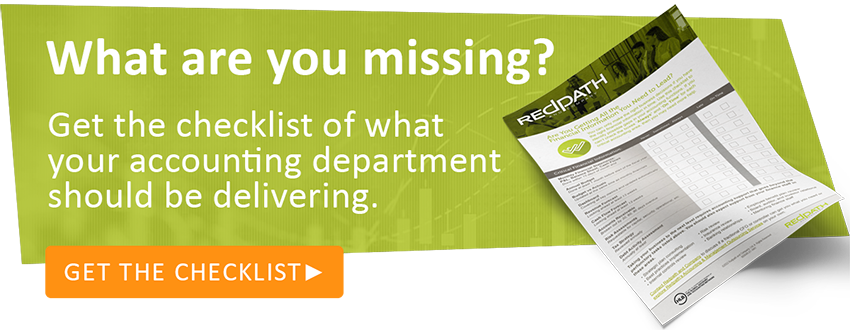House Ways and Means Committee Releases Remainder of Tax Bill–Key Provisions Extended and Expanded
Updated May 13, 2025: On Monday, May 12, the House released the remainder of the legislative text of the tax bill currently in process which the text...
 Ashley Rehn, CPA
Ashley Rehn, CPA




